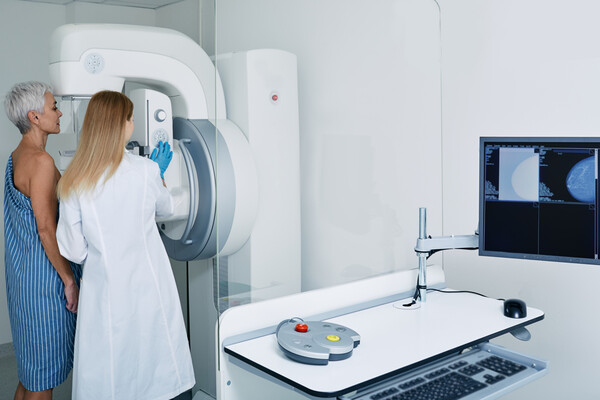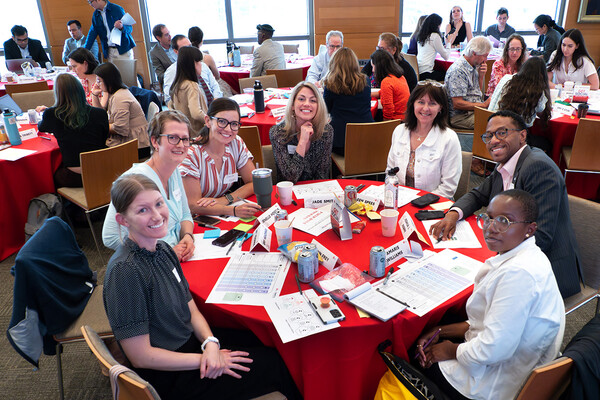
Image: iStock/Peakstock

Image: iStock/Peakstock
Paul Offit of the Perelman School of Medicine and Melanie Kornides of the School of Nursing comment on Robert F. Kennedy’s misinformation campaign against vaccines.

Image: Hoag Levins
Richard Wender of the Perelman School of Medicine says that pain symptoms may be a sign that prostate cancer has progressed to a later stage or indicate a different issue altogether.
Melanie Kornides of the School of Nursing says that last month’s conservative Pennsylvania Leadership Conference was designed to manipulate medical information by using incomplete or fake facts.

“In Philadelphia, in particular West Philly, there’s a lot of communities that don’t have the access to health care that they need, even though Penn is right here,” says Moorkanat (right). “Our thinking behind this was that if we can deliver the resources to them, instead of making them come to Penn, maybe we can start to bridge that gap.”
nocred

Mary Andrews (center) successfully defended her dissertation in December. Her dissertation committee members included four health communication faculty (L to R): Andy Tan, David Lydon-Staley, Emily Falk, and John B. Jemmott III.
(Image: Courtesy of Annenberg School for Communication)
The Eidos LGBTQ+ Health Initiative, led by José Bauermeister and Jessica Halem of the School of Nursing, will host a free online panel in April on the integration of LGBTQ+ people in the workforce.
Shoshana Aronowitz of the School of Nursing and Ashish Thakrar of the Perelman School of Medicine comment on the lack of specificity in Philadelphia’s plan to remove drug users from Kensington and on the current state of drug treatment in the city.
Jeffrey S. Morris of the Perelman School of Medicine says that many adverse medical events, even those clearly unrelated to vaccines, have been reported an order of magnitude more for COVID vaccines during the pandemic than any time before.